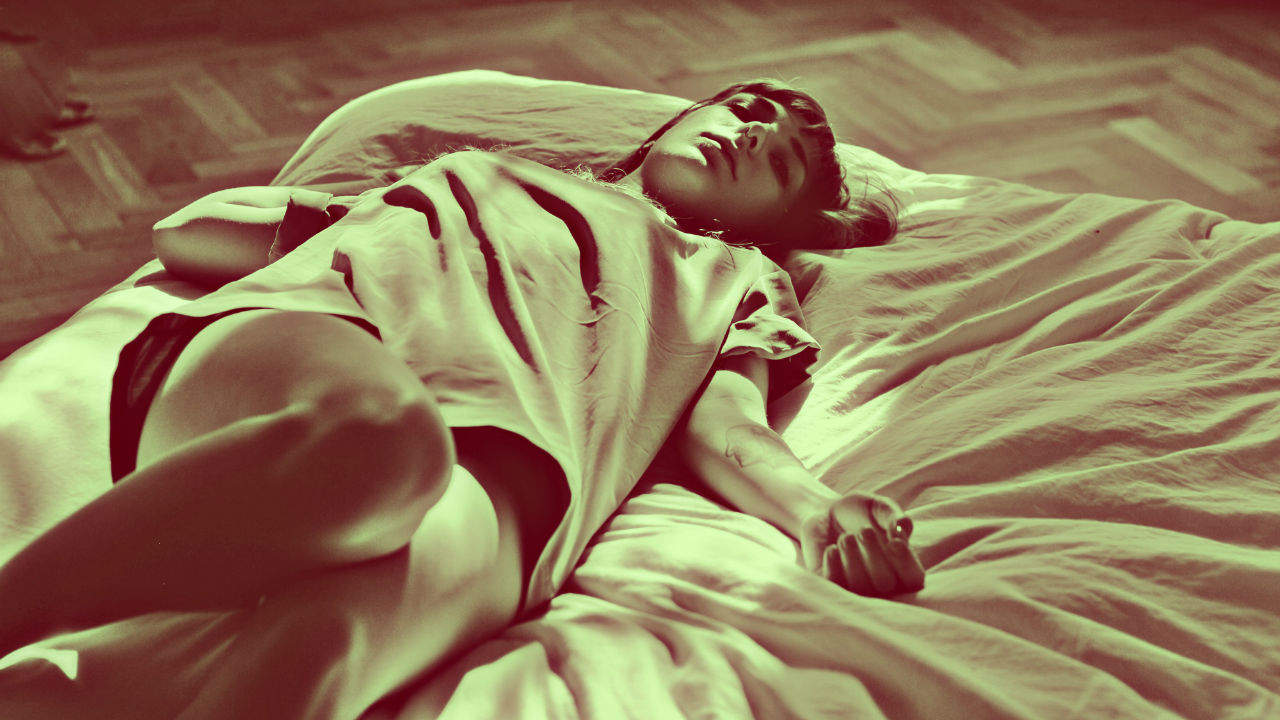Do you ever wish you could get a good night's rest on just a few hours of sleep? For some people, this is possible, due to a genetic mutation. Scientific American reveals that a mother and daughter both had a mutation of a gene that allowed them to sleep an average of 6.25 hours a night, and feel well rested and maintain good health. The gene? DEC2
Research on DEC2 has been conducted for a number of years, focusing on its role in sleep. Hamaguchi et al., authors of the article “Expression of the Gene for DEC2 , a Basic Helix-Loop-Helix Transcription Factor, is Regulated by a Molecular Clock System,” state that “it is known that mammalian circadian rhythms are controlled by molecular clockwork systems bases on negative-feedback loop(s), but the molecular mechanisms for the circadian regulation of DEC2 gene expression have not been clarified.” The research noted by Scientific American is the mutation of the DEC2 transcription facilitator is involved in the circadian clock.
The ability to be well rested on less than seven hours of sleep (the CDC recommends seven to nine hours of sleep a night) is quite rare. Ying-Hui Fu of the University of California, San Francisco notes that only five percent of the population are fine with six hours of sleep; Mehdi Tafti of the Center for Integrative Genomics at the University of Lausanne estimates that one percent of the population has the DEC2 mutation. Sleeping less than the recommended hours of sleep can be bad for your health. Tafti states that “in normal sleepers, if you reduce their duration to six hours, after a few days you will see some negative impact.”
Katherine Harmon, author of the Scientific American article “Rare Genetic Mutation Lets Some People Function with Less Sleep,” notes that the effects of a mutated DEC2 gene did not appear in transgenic mice. “These experimental animals experienced a daily activity period about 1.2 hours longer than their nonmutant compatriots. Removing DEC2 in mice, however, did not generate the same wakefulness, and instead the genetic knockout mice actually slept a little bit more.”
The discovery of the mutated DEC2 gene's profound effect on sleep raises the question on the number of hours needed to stay healthy, and whether other gene mutations exist that produce a similar effect.
----------------------------------------------------------------------------------------------------------------------------
Elizabeth Stannard Gromisch received her bachelor’s of science degree in neuroscience from Trinity College in Hartford, CT in May 2009. She is the Hartford Women's Health Examiner and she writes about abuse on Suite 101.





Add a CommentComments
There are no comments yet. Be the first one and get the conversation started!